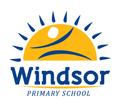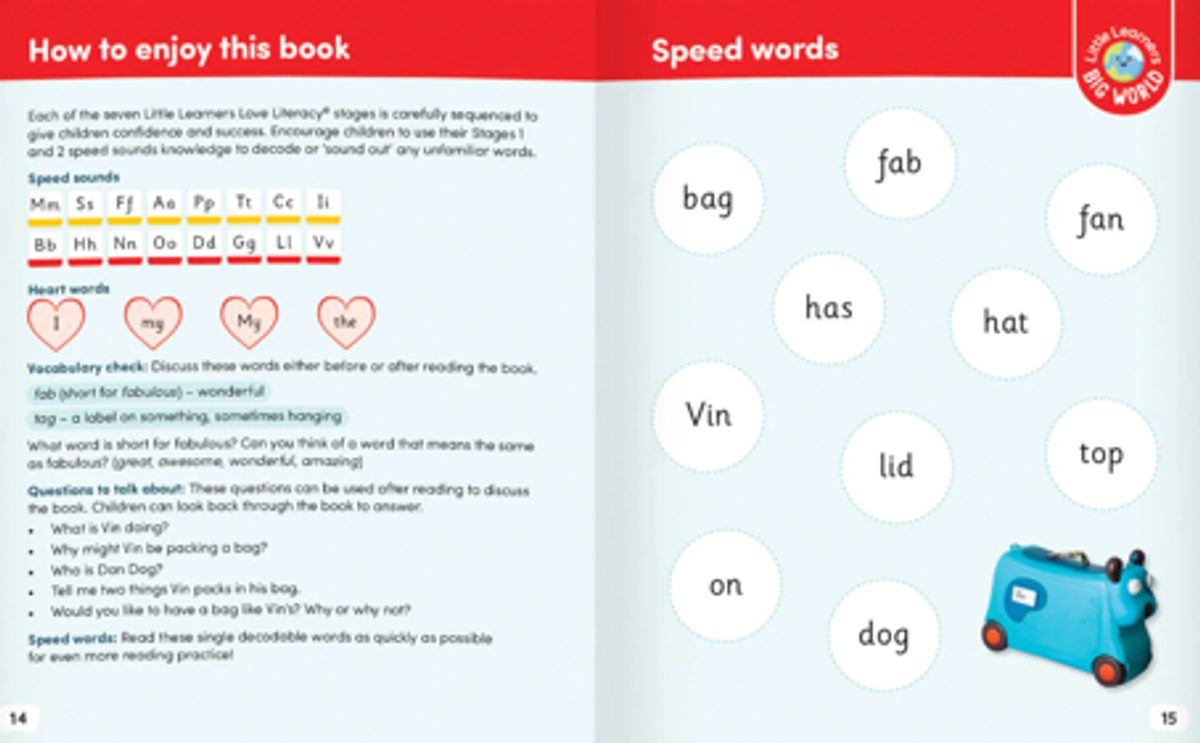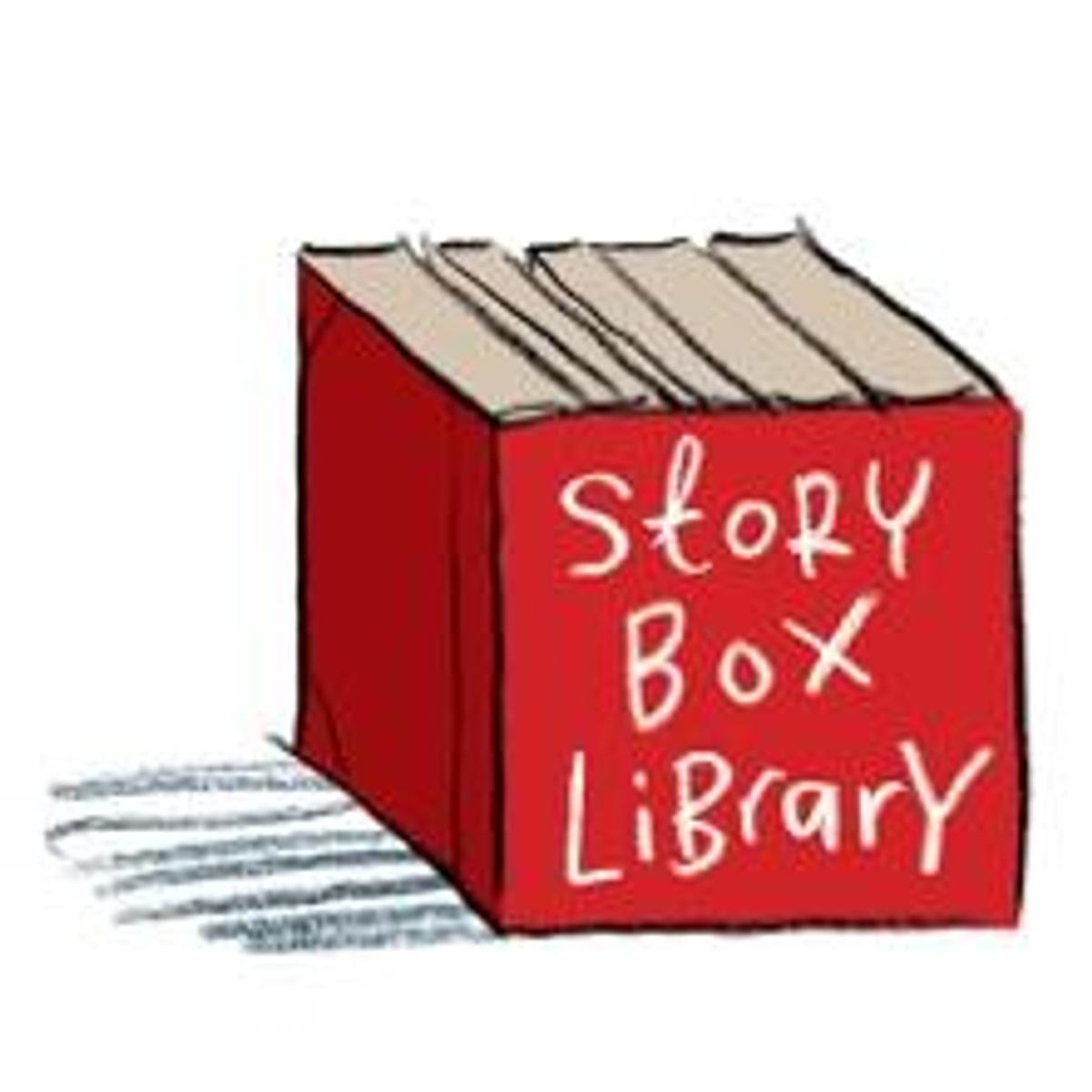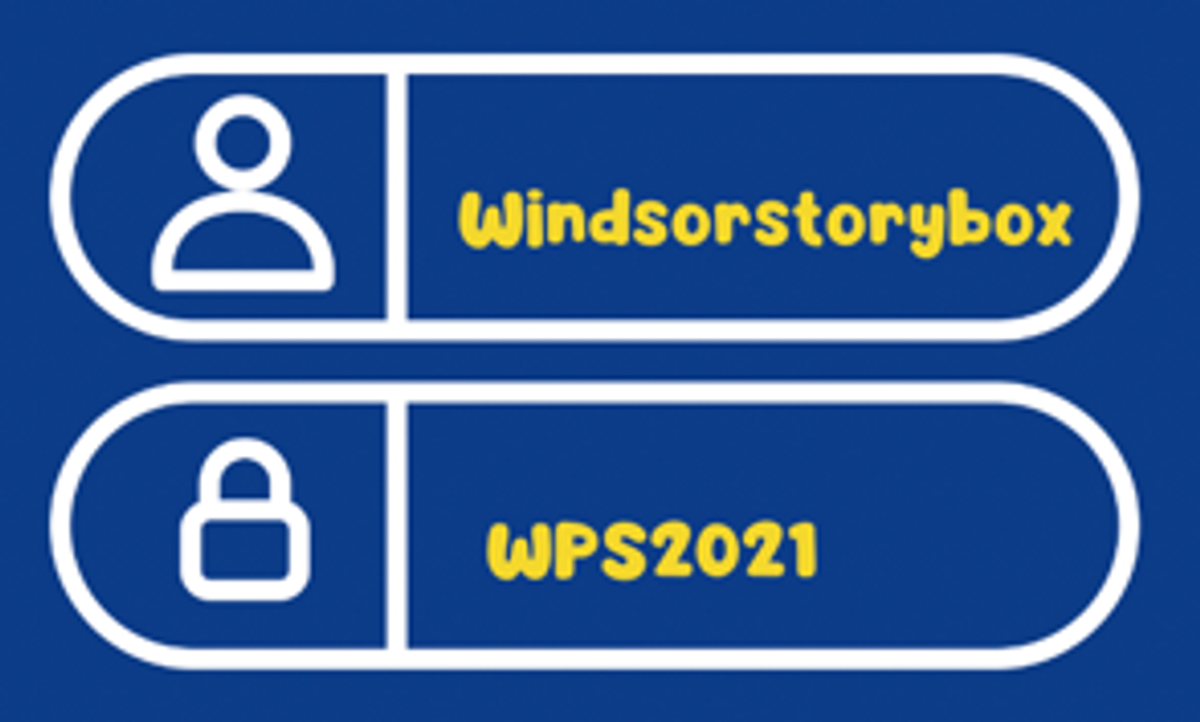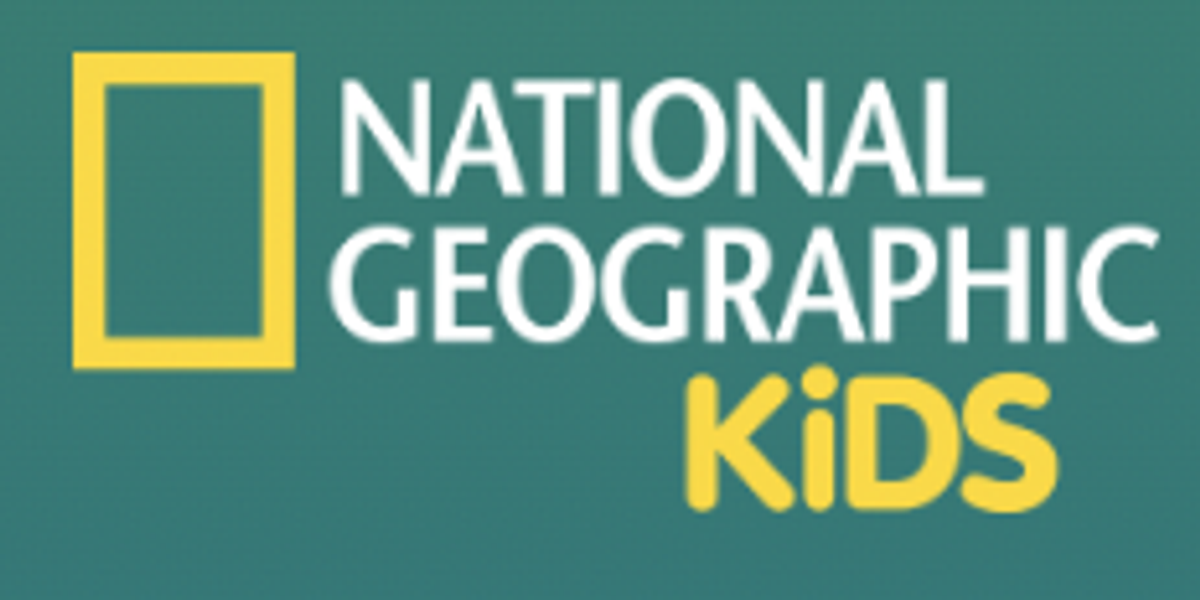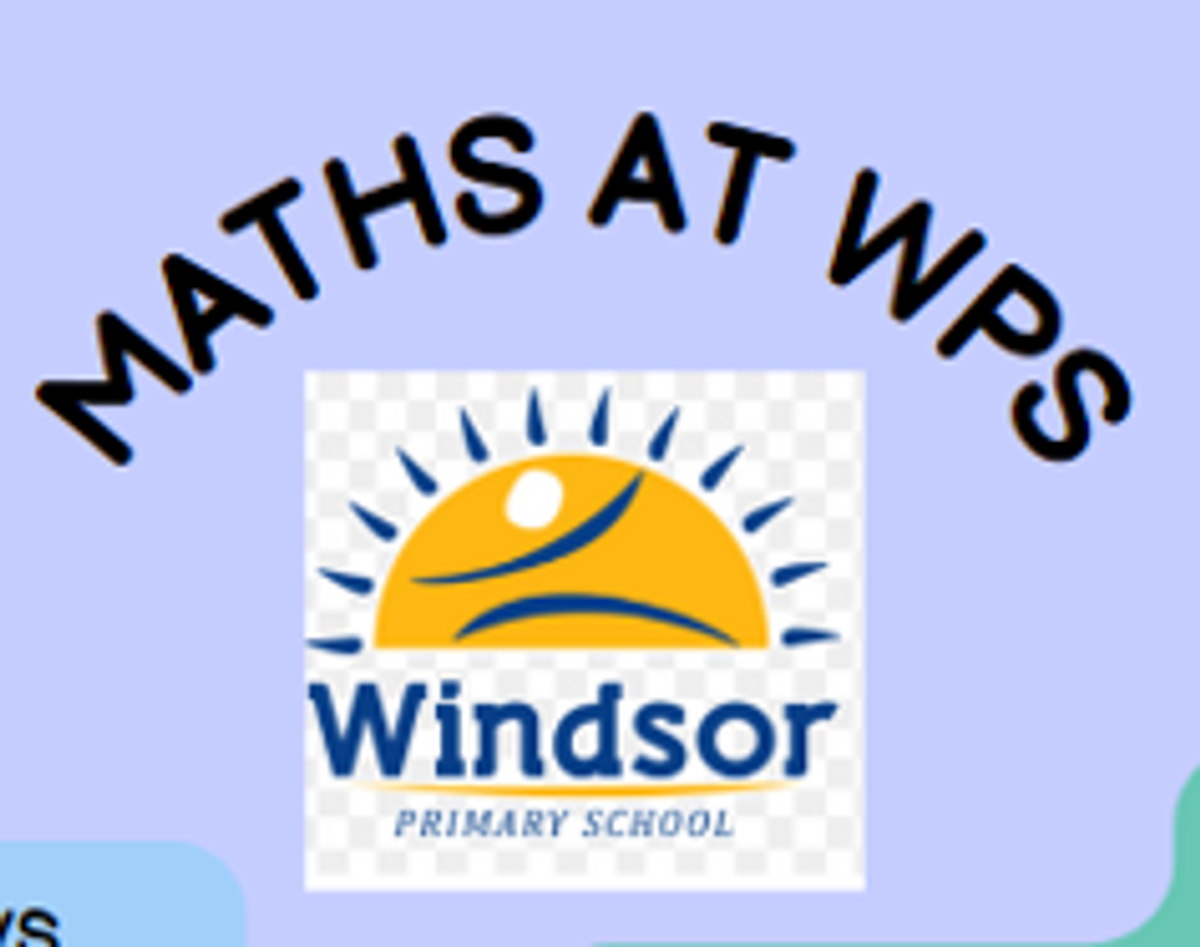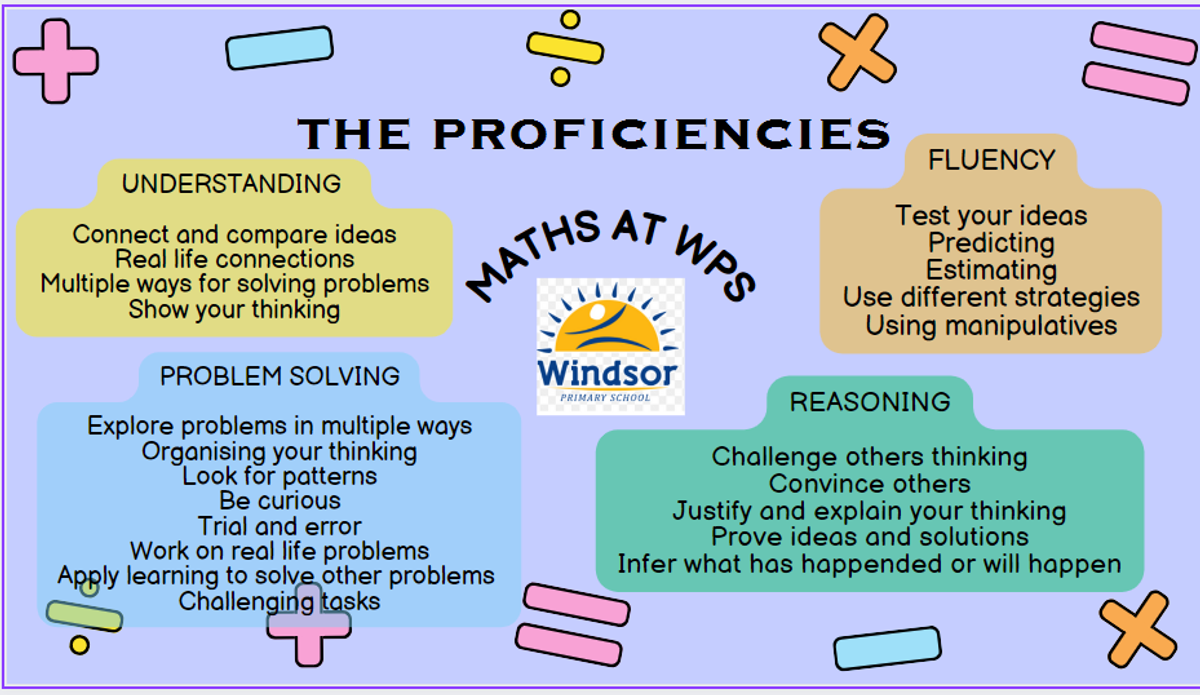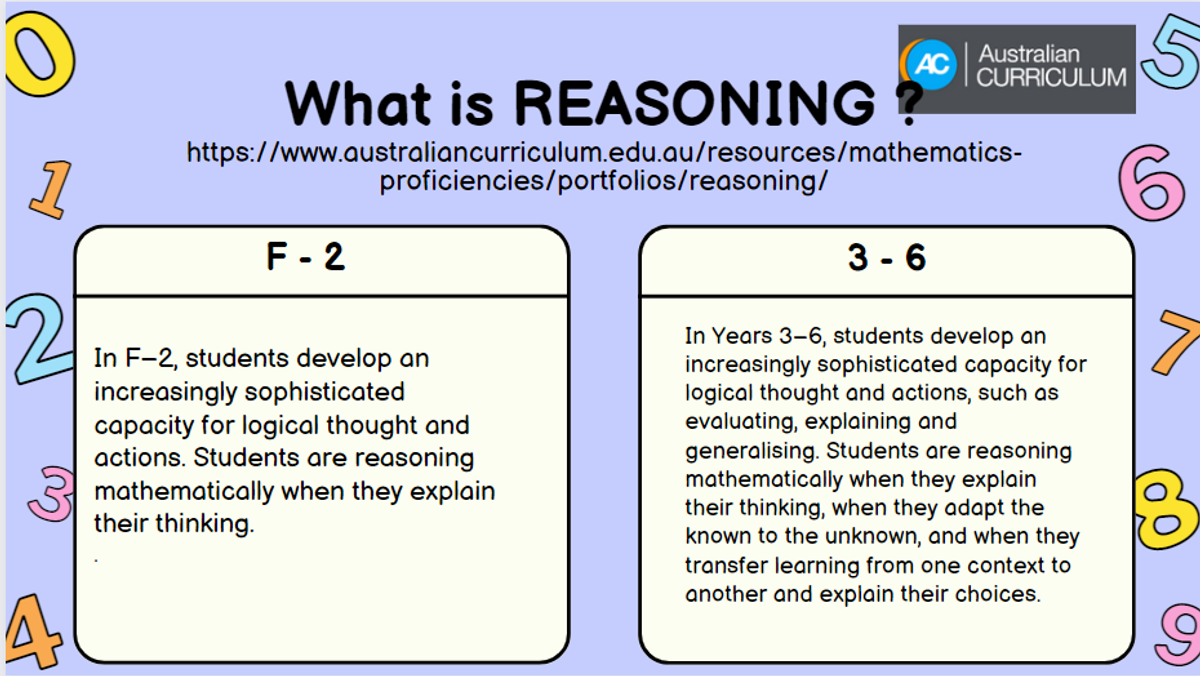Curriculum

Resources to support your child’s vocabulary development.
The importance of oral language and vocabulary cannot be underestimated.
"Of all the oral language skills, vocabulary knowledge is the
strongest predictor of later reading comprehension ability."
(Lervag et al, 2017; Muter et al., 2004; Ricketts et al, 2007: Roth et al. 2002; Spencer et al, 2014)
We have a large number of resources available to us at Windsor PS to support oral language and vocabulary growth and many are accessible for families at home.
Prep LLLL take-home books have a page parents can use to encourage vocabulary discussions about the book.
Windsor PS Story Box Library subscription has many wonderful, high quality Australian stories. https://storyboxlibrary.com.au/
Storyline Online is a free website with stories read by actors and celebrities. https://storylineonline.net/
National Geographic Kids, another free website, for facts about animals, science, history and geography. https://www.natgeokids.com/au/
And if you’re looking for recommendations for high quality books to purchase for your child that cover a range of genres and interests, check out this website: https://schoolreadinglist.co.uk/
Happy reading and listening!
The Australian Curriculum: Mathematics aims to be relevant and applicable to the 21st century. The inclusion of the proficiencies of understanding, fluency, problem-solving and reasoning in the curriculum is to ensure that student learning and student independence are at the centre of the curriculum. The curriculum focuses on developing increasingly sophisticated and refined mathematical understanding, fluency, reasoning, and problem-solving skills. These proficiencies enable students to respond to familiar and unfamiliar situations by employing mathematical strategies to make informed decisions and solve problems efficiently.
Each of the proficiencies are explained briefly here:
The teaching staff have been engaged in several Professional Learning sessions looking at Fluency tasks and are now focussing on Reasoning tasks.
Some activities to promote mathematical reasoning might include:
#1 Can you work out what number might come next in this sequence and explain why… 1, 3, __
• What would the 4th number in the sequence be?
• Can you express your rule as a formula?
• Create your own sequence of two numbers, then try to work out all the different answers that people might come up with for what could come next
#2 Sometimes, Always, Never: what do you think?
*When you cut a piece off a shape, you reduce both its area and its perimeter.
*If you add two odd numbers together, you get an odd number.
Prove and explain your reasoning. Convince someone else!!
